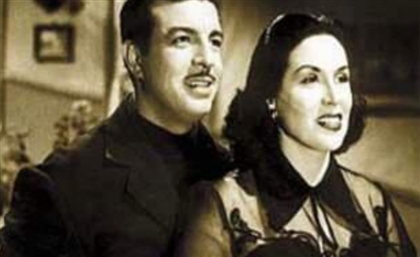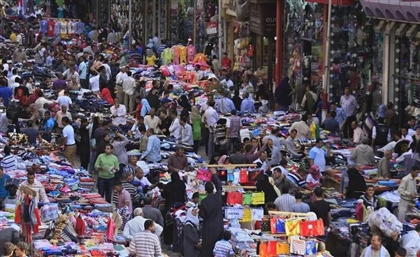Where Have All The Feminists Gone? 8 Egyptian Women That Deserve a Google Doodle
We look into Egypt's feminist heroes and the icons who have thus far gone un-Doodled.
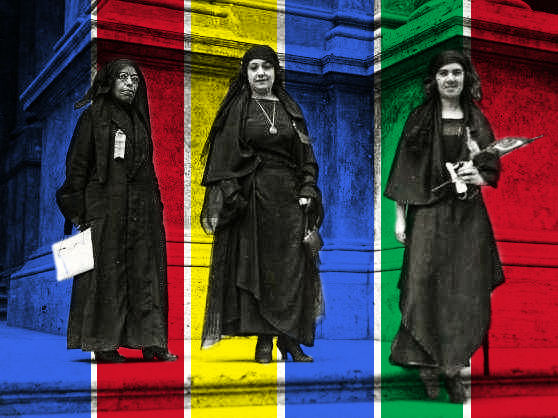
The internet, better known as Google, continues to delight the MENA region with their unique commemorative Google Doodles of historically inspiring figures on their search page, such as Egyptian author and female activist Latifa Al-Zayyat.
Best known for her literary works entitled The Owner of the House, as well as The Open Door, Al-Zayyat was made into a Google Doodle on Saturday to mark the anniversary of what would be her 92nd birthday. Born in Dumyat on August 8th 1923, Al Zayyat was more than just a writer; she was extremely important to the Egyptian Feminist movement as she was one of the founders of the Rabitat Fatayat al Jami’at wa al Ja’ahid (The League of Young Women in University and Institutes).
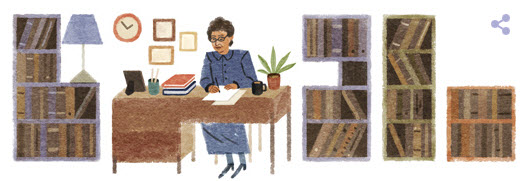
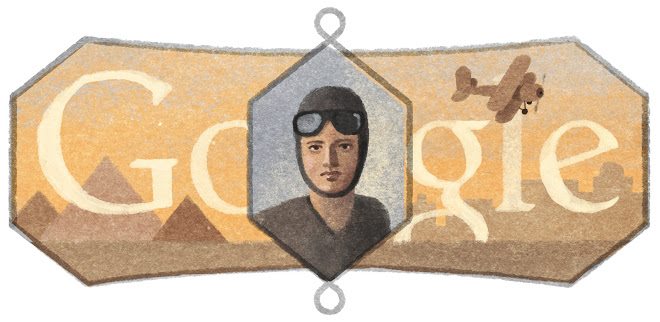
As the latest Google Doodle, Al Zayyat joins the ranks of other notable Egyptians given the same treatment including; filmmaker Youssef Chahine, actor Farid Shawqi, author Sohair El-Qalamawy, first Egyptian female pilot Lotfia El-Nadi and legendary songstress Om el Kulthum among others. With Google showing no sign of slowing down on drawing famous Egyptians as Doodles, we decided to compile of a list of other women who rightfully deserve their own Doodles for Google’s consideration.
Inji Aflatoun
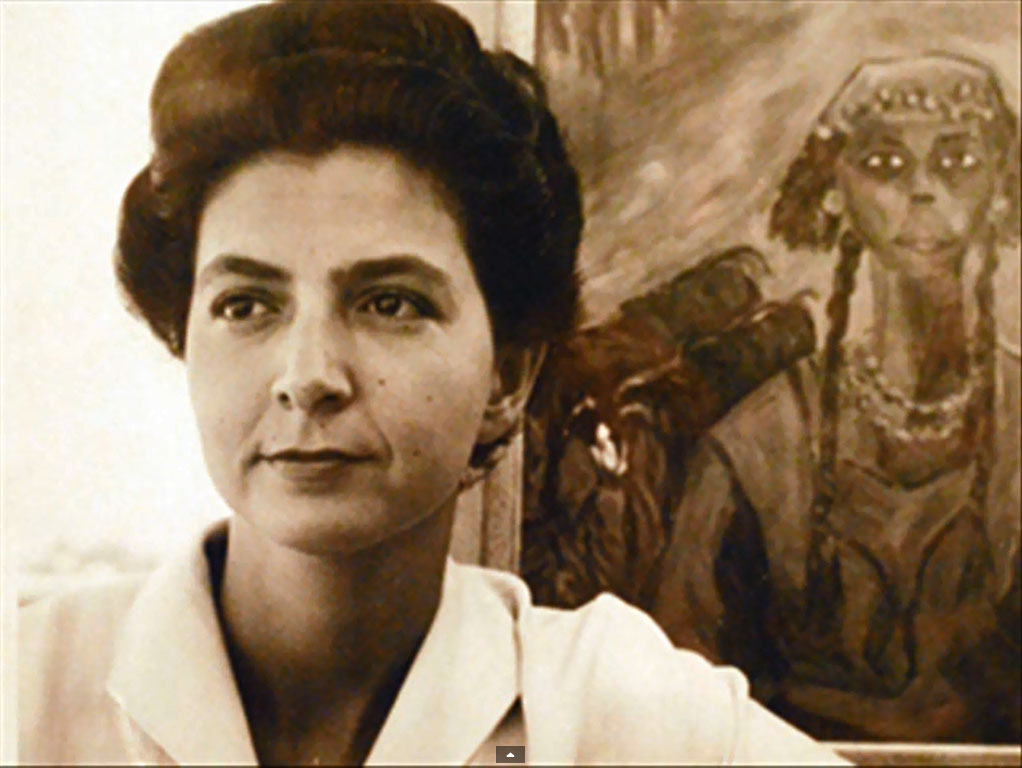
If Latifa Al-Zayyat gets a Doodle than chances are Inji Alfatoun won’t be too far behind. Born in Cairo in 1924, Aflatoun was known both for her art and her activism. Credited as one of the pioneers of modern Egyptian art, this visual artist was inspired by the surrealist aesthetic. More than just an artist, Aflatoun became more involved in politics joining Iskra, a communist youth party, just before founding the League of Young Women in University and Institutes alongside Latifa al-Zayyat. Aflatoun was in fact the first to represent the league at the inaugural conference of Women’s International Democratic Federation in Paris. Also an author, Aflatoun wrote Eighty Million Women with Us and We Egyptian Women, paving the way for feminism in Egypt before being secretly arrested by President Nasser in his round up of communists in 1959. Upon her release from prison in 1963, Aflatoun returned to devoting her time to painting and exhibiting her work around the world.
Malak Hifni Nasif
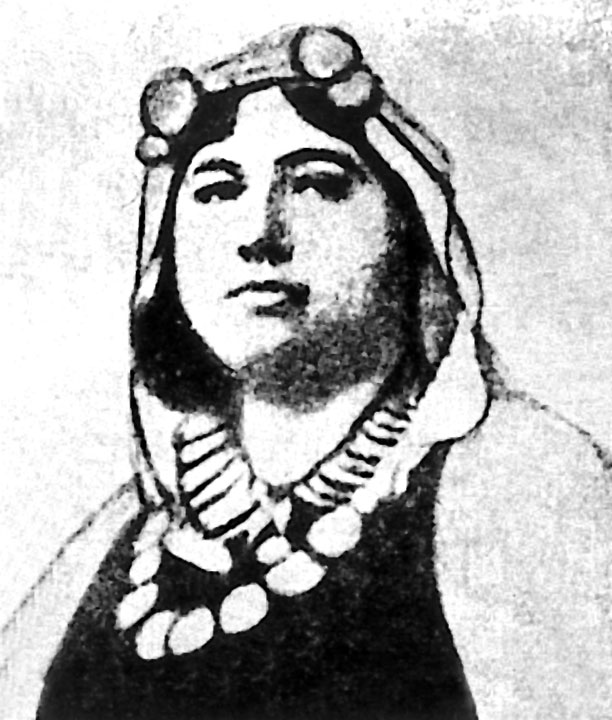
Another influential leader deserving of a Doodle is early 1900s Egyptian feminist Malak Hifni Nasif. She was a leader during a period of growing intellectual and political discourse on the status of women in society. Nasif started off as a teacher, but was forced out because, at the time, Egyptian law forbid women from teaching while married. Turning to writing, Nasif began publishing her work in Al-Jarida, the major newspaper of the Umma Party. Often writing under the pseudonym Bahithat al-Badiya, Nasif wasn’t afraid to let her opinion known and to stand by it, even if it challenges what other feminist believe. During the early 1900s, many elite women began unveiling after Qasim Amin advocated that unveiling is a strategy for women to show their power and liberation. Nasif disagreed with the call arguing that the veil had been a part of the culture for a long time and that banning it would be too abrupt a change for many women. In Nasif’s opinion, women should be wary of men who, at first, ordered women to wear a veil and then suddenly ordered them not to for the purpose of their liberation. She believed that women were unveiling because of their obsession with European fashion and not because of a desire for freedom.
Hoda Shaarawi
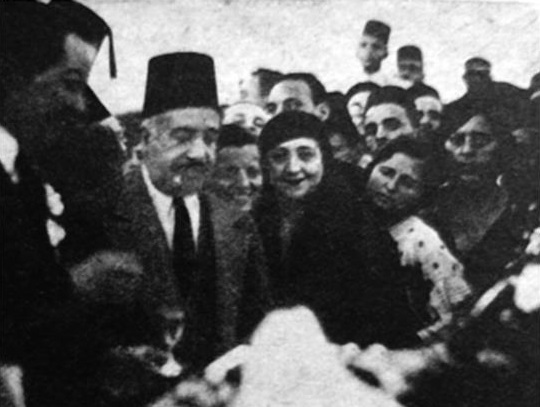
At the time when Egyptians still believed women needed to be confined in the house, Shaarawi set out to liberate women from their domesticated prisons, breaking social norms by going to shops to buy her own clothes. In 1910, she opened a school for girls where she focused on teaching academic subjects rather than skills such as midwifery. Shaarawi was a fearless leader and organized the largest women’s anti-British rule demonstration in 1919. Renowned for determination, Shaarawi was the first president of the Egyptian Feminist Union and after returning from the International Woman Suffrage Alliance congress in Rome, she removed her face veil in public, signalling a turning point in the history of Egyptian feminism. Needless to say she is long overdue for a Doodle.
Nabawiyya Musa
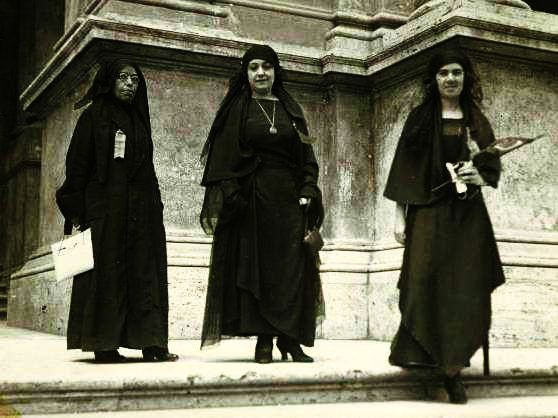
Often mentioned in the same breath as Huda Shaarawi and Malak Hifni Nasif, Musa is also considered one of the founding feminists of the 20th century in Egypt. As an educator and writer, Musa attempted to further education, health and reduce sexual exploitation of woman. Musa strongly believed that by giving women an equal status in the workforce and in education would make them less vulnerable and less prone to sexual violence. Her most notable works include A Treatise on Girls’ Education in 1902, Woman and Work in 1920, as well editing the woman’s page for Al-Balaghal-Usbui (The Weekly News.) She initially believed that Egypt wasn’t ready to accept the unveiling of women, however, after attending a conference in Rome in 1923, alongside Huda Shaarawi and Ceza Nabrawi, decided to return to Egypt unveiled.
Sameera Moussa
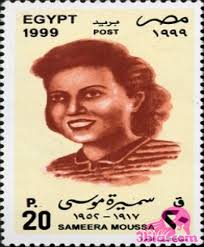
Sameera Moussa was a nuclear scientist that is definitely a Doodle contender. Born on March 3, 1917, Moussa was a huge advocate for the peaceful application of this new field of science to medicine. Studying radiology and atomic radiation at Cairo University, Moussa became an expert in the field giving lectures and eventually becoming a professor at the university. Moussa spearheaded the “Atoms for Peace” campaign and organised an international conference on the subject. Not only was she a proponent for using nuclear science to improve lives, she also advocated for regulations and practices against using the knowledge to build nuclear bombs. Tragically, she died at the young age of 35 while on a visit to the United States, under what some believe to be suspicious Mosaad-related circumstances. Had she survived, one could argue that Egypt would have been closer to building their own nuclear power plants instead of getting Russia to build one for us. Either way Moussa is totally Doodle material.
Doria Shafik
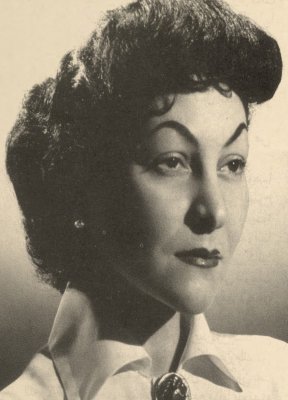
How she doesn’t have a Doodle baffles us. An architect of the women’s liberation movement in the mid 40s, this native of Tanta was a vocal feminist, an eloquent poet and philosopher whose efforts helped the women of Egypt acquire the right to vote. Aside from a long list of impressive accomplishments, this inspirational leader rallied women to storm the parliament, undertook hunger strikes, created Egypt’s first female military unit, and was denied from teaching at the University of Cairo for being too modern. When Shafik wasn’t valar morghulis-ing arguments, she was working as the editor-in-chief of La Femme Nouvelle, a French cultural and literary magazine keeping in check and questioning the country’s elites; just think of the Doodle Google! As far as we are concerned there are no shortage of days to commemorate in her honour just look it up, or would Google searching Google break the internet?
Faten Hamama
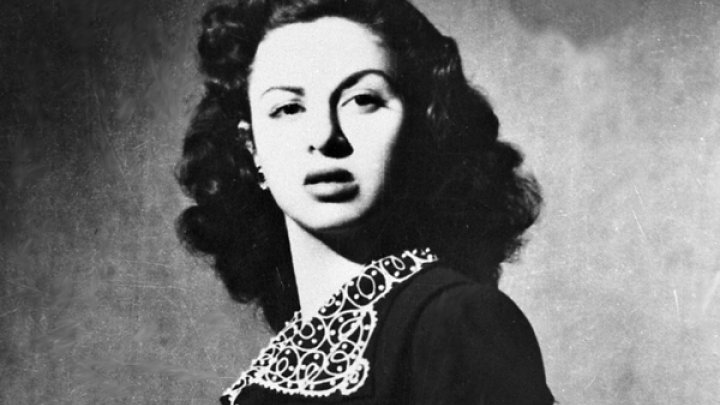
Considered one of the brightest stars in of the golden age of Egyptian cinema, Faten Hamama remains Doodless. Debuting in 1939 as a seven-year old, Egyptians of yesteryear were fortunate enough to watch Hamama grow up before their eyes and develop into amazingly talented Icon. Playing powerful women on film, and leading the way as powerful industry leader off the set, Hamama was a pivotal figure in Egyptian cinema history.
Inas El Degheidy
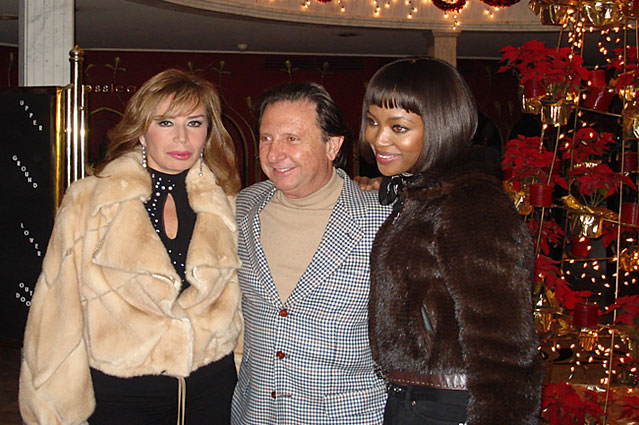
Now we understand that El Degheidy is still alive, but what if you acknowledge brave Egyptians still living and fighting for what they believe in, Google? There are no shortage of activists you could pick, but if that is too risqué, then what about a female Egyptian directing visionary who brought powerful women to the Egypt’s big screen? With an impressive filmography of films tackling social issues, El Degheidy is seen as a controversial figure and as even received death threats from Islamic Militants. It is rumoured that her upcoming project, Al-Samt, will tackle the subject of a woman sexually abused by her father. According to a 2012 El Akhbar article, the Egyptian Board of Censors are demanding the script be modified to portray the father as "mentally diseased and thus unrepresentative of the general Egyptian male figure."
Obviously history provides plenty of options. And yes we understand readers will cry 'What about [insert inspirational leader here]?' Truth is, we love the Doodles and know there will be more in the future, we are just hoping these names make the cut in the near future or at least before Amr Diab.
- Previous Article Karim Abd Elmalak: Quenching a Drought in Beauty
- Next Article 10 Strictly Egyptian Moustaches That Will Inspire You This Movember




